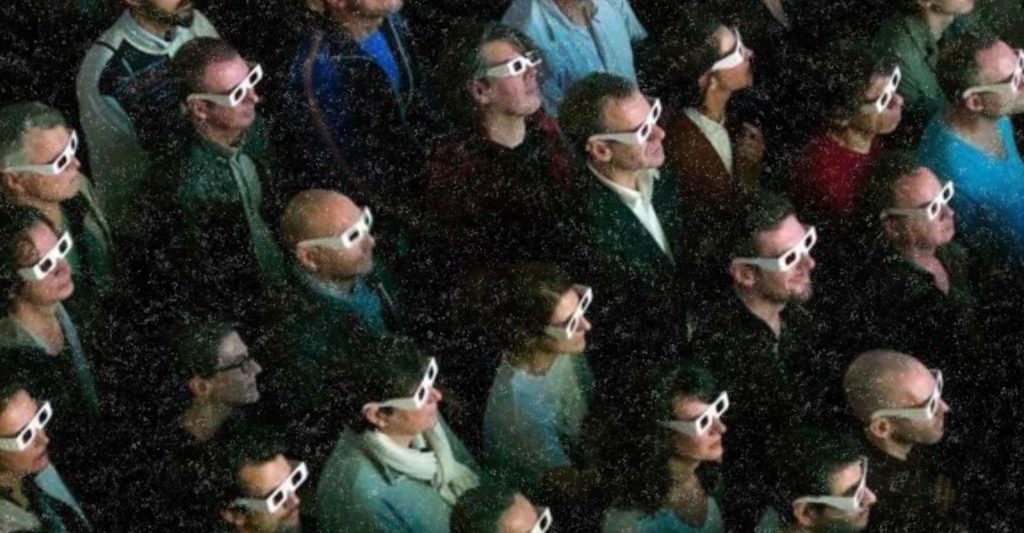
SELFIES & MENTAL HEALTH
As a photographer myself, I personally don’t take too many selfies with my phone unless I want to capture a moment that I experiencing with good friends, an event/seminar that focuses on subjects that I care about and family moments. But to tell you the truth, there are times I have seen people go a little far with their selfies. This ranges from taking too many selfies of the same body part (mostly glutes and abs) for my fitness buffs. (We also have an article that talks about how yoga should not be a vanity project which can be seen here.) Taking selfies that utters disrespect, disregard, and disgust which includes young adults taking selfies of their dearly departed relatives, volunteers that take selfies with children from third generation countries in hopes to show how “humanitarian” they are and worse, taking selfies in dangerous places which ultimately kill the person from accidents.
Long story short, taking way too many selfies for social media is actually unhealthy. Do you really need to post the same type of shot every day for the gram to feel special? Is there a must to flood social media feeds of your pet dog who might be even annoyed to handle another round of selfies? Are these types of people are indeed narcissistic, psychopathic, vain or both? This is a problem and it is actually a real-life mental disorder called “selfitis.” Selfitis is a new mental disorder for people who obsessively shoot and share selfies online, especially if they feel compelled to post images of themselves online. The term was first used in 2014 to “describe obsessive selfie-taking in a spoof news story which suggested the American Psychiatric Association was considering classifying it as a disorder.”
Just Wow. This is some serious truth about how damaging having a strong selfie game can be. To dive into the term, selfitis, two researchers published a paper with the International Journal of Mental Health and Addiction to argue how real and genuine selfitis can be. Psychologists Mark D. Griffiths and Janarthanan Balakrishnan developed a “Selfitis Behavior Scale” by surveying selfies behavior to over 400 participants from India. There are three levels that assess the severity of selfitis which ranges from “borderline” or someone who takes selfies at least three times a day but don’t post them on social media. The next level, “acute” is when they post the selfies and lastly “chronic” which at are the people that cannot control the urge to take and post their selfies online. This can be up to a whopping of six selfies online.
These participants were asked questions such as “I feel more popular when I post my selfies on social media,” or “When I don’t take selfies, I feel detached from my peer group.” Also, those who fall under the chronic stage do suffer lack of self-confidence and seek to fit in, despite taking images that make them feel important. Unfortunately, according to Balakrishnan, they “may display symptoms similar to other potentially addictive behaviors.” From my personal experience, I do have friends that fall under the chronic stage that are not as happy as my acute and non-selfie taking friends, regardless of how much money they make a year, the opportunities and events they brag about on Instagram and their level of attractiveness. It’s really a game, except that the end of the day, you play yourself.
What can you do?
According to the organization, Selfies to Die For, their purpose is to create awareness on the life hazards of taking selfies at life threating locations. This campaign target youths for them to take selfies with regard since likes on social media is a huge driving factor to take these horrendous type of selfies. I for one will never tell you to stop taking selfies, but rather be mindful of the message behind every photo and the locations taken. This can not only save your mental health but also your life in the long run.
http://credit-n.ru/zaymyi-next.html
http://credit-n.ru/zaymyi-next.html
http://credit-n.ru/zaymyi-next.html
http://credit-n.ru/zaymyi-next.html







